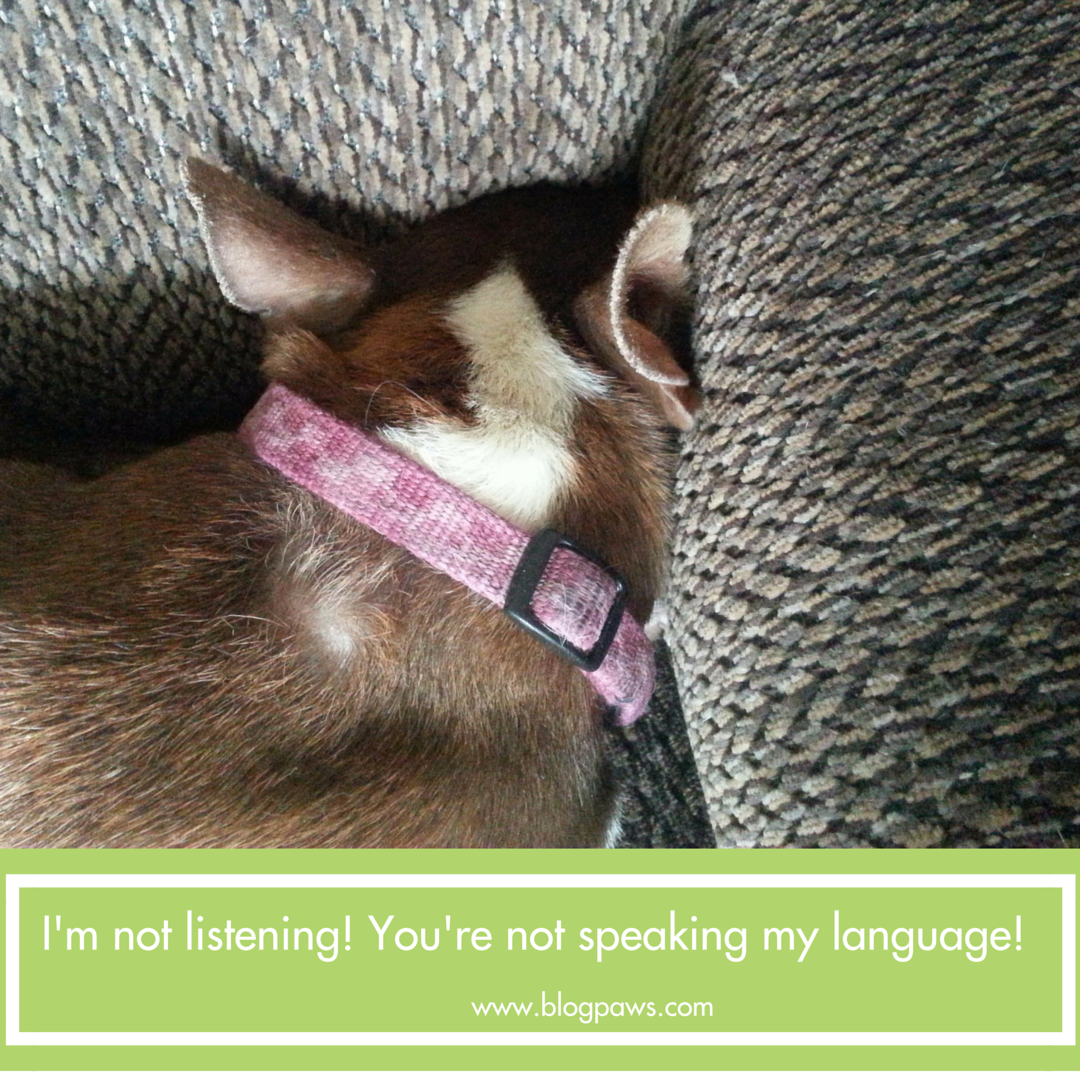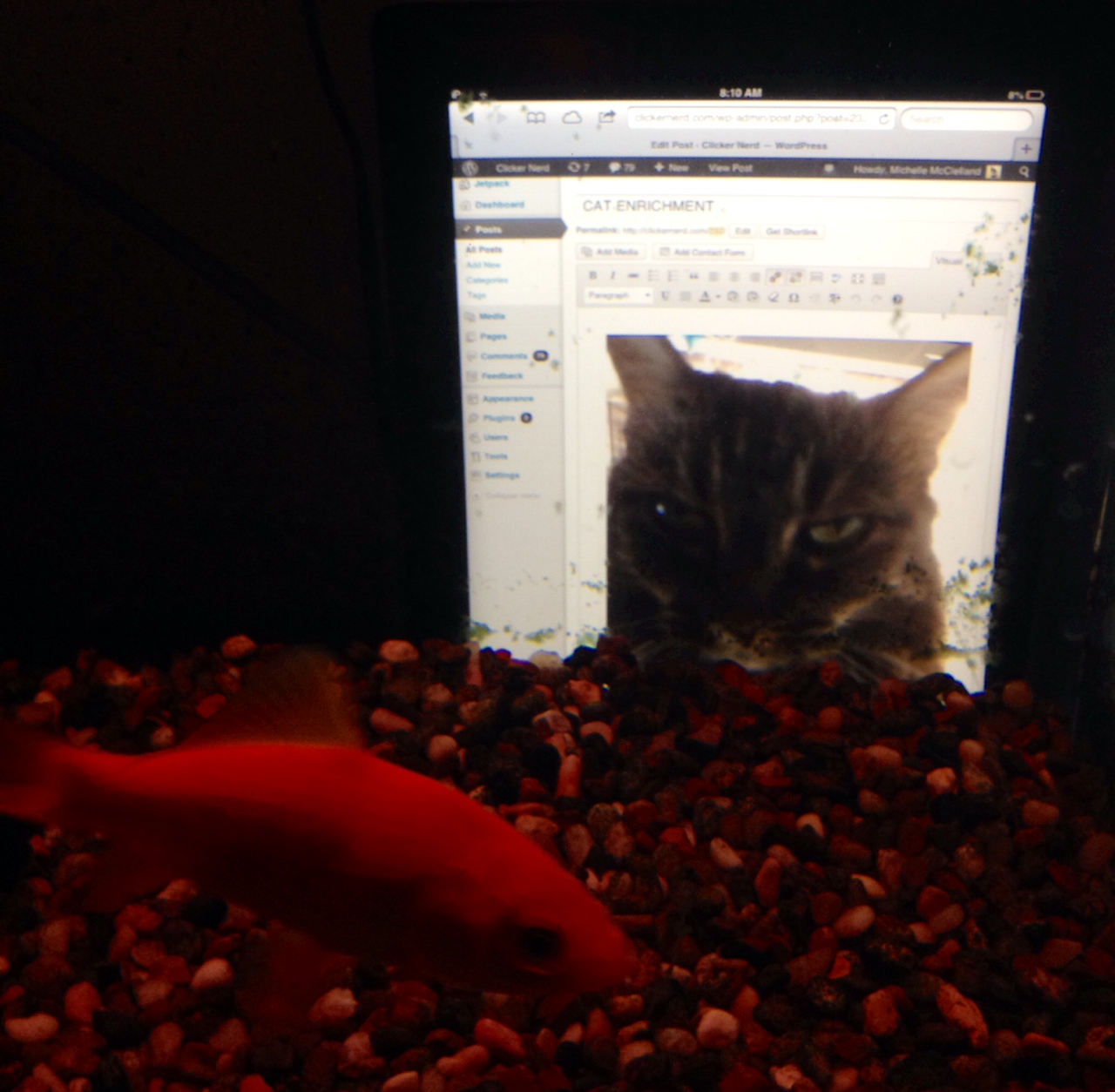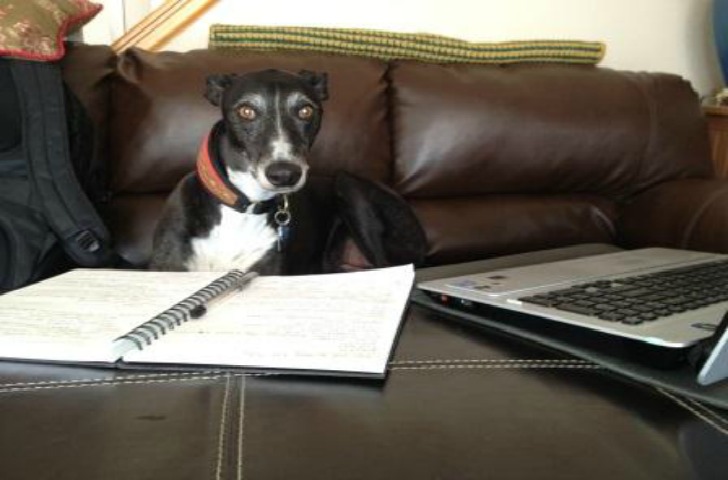15 Must-Learn Tips To Improve Your Public Speaking
I understand that public speaking is one of the most feared tasks in anyone’s life. Right up there with visiting the dentist.
As someone who is tapped to speak on a regular basis, and who takes the stage at every BlogPaws conference, I’ve had to learn the ins and outs of public speaking whether I wanted to learn them or not. Truth be told, I am like many of you out there reading this. I am an introvert. The act of standing on stage and speaking to an audience is… terrifying. Perhaps not so terrifying anymore, as I have come to know so many of you and can call you friend.
With the conference a mere three months off – and trust me, that’s a short, short, short amount of time – I thought I’d share some thoughts in this post.
My 15 Must-Learn Tips To Improve Your Public Speaking aren’t new. They’ve been shared in various places before. But, they bear repeating and reviewing. For those of you who plan to someday submit a proposal to speak (whether to BlogPaws or some other event), or who plan to attend sessions at BlogPaws this year, these tips can be the difference between satisfaction and dissatisfaction. Audience member or stage presenter, each of us needs to understand what qualities make a great public speaker.
Let’s discuss.
- Look them in the eye. This is imperative. You can scan your group, no matter how big of a group it is, and that’s good. People need to know you are speaking to them not at them. But, it helps you, as someone on stage, to pick one or two people you want to make clean, clear eye contact with. This gives you the personal experience of sharing with one person, while all the rest of your audience listens aptly to every word. Scanning recognizes the bigger group; one on one with a few people brings you into the audience more effectively.
- Move away from the lectern. If you’re standing still, leaning on a piece of furniture, it sends a negative message to your audience. They may begin to think you’re not prepared. They may wonder why you need that crutch. The most successful speakers know their presentation forwards and backwards, and they move freely about the stage. Not too much… don’t make folks dizzy! But, show how comfortable you are with who you are and what you’re sharing, by using the lectern as a prop, not an object to lean on.
- Practice…practice…practice. To achieve #2, you need to practice your presentation. Not merely the content. It’s easy to click your button and know which slide is showing behind you (if you’re using slides), or to memorize your amazing speech. You need to not only memorize, but energize. Be the presentation. Practice moving about the stage. Practice telling your jokes. Practice saying thank you.
- Say thank you. Did I already say that? It bears repeating. Thank the audience for being there. Thank them for their questions or their applause. Be grateful they chose to attend your session or keynote, rather than do something else. You’re never a rock star during the presentation… it’s only after you’ve thanked your audience that you can relax and bask in your rock star status.

- Speak up. Speak up. SPEAK UP. This is directed to a good many speakers who are great at their craft, but much too soft when sharing their craft. Your voice needs to command attention. Don’t shout but don’t whisper! Yes, you’ll have a microphone and being too loud might startle the pets at a BlogPaws conference, but being too soft will annoy the pet parents. Who do you think is taking notes… the pets or the pet parents?
- Use visuals that work with what you’re saying. This is not an invitation to overdo PowerPoint. Whatever you use, make it appropriate and simple. Do not read the visual…share it, understand it and let the audience absorb it. No clip art. No long videos. No blurry images. Got it?
- Be on time. Seriously, did I need to say that? Yes. Being on time means ten minutes early, by the way. If you’re not 10 minutes early, you’re five minutes late. Yes, you are.
- Storytelling is key! Maggie Marton already taught you about this important element but it was in reference to blogging. The true story is this: everything you do and say is a story and should contain elements of good storytelling. Why? Because we all like a good story. Read Maggie’s post.
- Know to whom you are speaking. Ask the person who invited you to speak who will be in the audience. Men? Women? Business professionals? Identify unique qualities about the audience. Craft your message accordingly.
- Don’t drink the coffee. Drink tea. Coffee has been known to create phlegm in some people. Tea is a more trust worthy beverage if you’re speaking early in the day.
- Laugh a little. If you aren’t comfortable telling a joke, if you sweat like a glass of soda in the August noonday sun at the thought of telling a joke, find a humorous slant to your work, and offer your own laugh. Don’t try to be funny, just be comfortable and laugh at something you are sharing that you find funny. Others will laugh with you if you’re having a good time.
- Cut the cliches. Cut them out. Destroy them. If you aren’t sure if something in your presentation is a cliche, then it is. At the very least, test it online. We are sick and tired of cliches. Yes, that is a cliche. I should have said, “As audience members, we groan at every cliche we hear”… and, the groan leads to not listening.
- Leave time for questions! In fact, write the questions yourself. No, you will not ask them of yourself, but you will be prepared. In the event no one in the audience decides to ask a question, you can supply one of yours, as in, “Many times folks ask me…” If the audience has new, unexpected questions… how wonderful! Go, you!
- Smile. Then smile some more. Practice your smile in the mirror. Take selfies and smile. Learn to smile as if you mean it. Fear can turn your smile into a frown, without you even realizing it! If you have any worry about this, select a friend to sit in the front row and occasionally nudge you…with her own big smile.
- Be proud but not boastful. We want to hear who you are and why you’re the expert speaking. We do not want to hear you repeat all the wonderful things your mother tells her bridge group. A bit of humble is good. But just a bit.
If you’re anxious to start speaking, these tips should get you going. Especially #3, #5, #8.
If you’re already a seasoned public speaker, tell us which of these tips support you as you prepare for your next event.
If you’re so much of an expert you don’t need any of this advice, contact me right away. I need to talk to you! I speak a good bit and I still need every one of these tips!
Yvonne DiVita is a Co-Founder of BlogPaws. She is dedicated to storytelling and the human-animal bond. When not working on BlogPaws, she writes at Scratchings and Sniffings and The Lipsticking Society. You may contact her at Yvonne@blogpaws.com .






